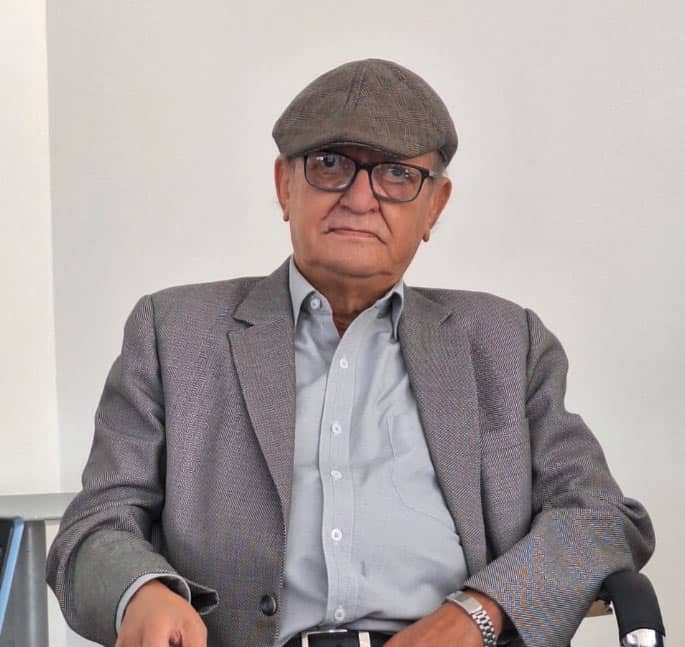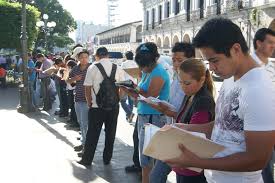By Elio Villaseñor G.
Director of Citizen Initiative
“We do not have a crisis with young people, but rather a civilizational crisis.
which includes these, the elderly and the destiny of human life on earth.”
— José Mujica, former president of Uruguay”
The labor market for young people in Mexico is marked by precariousness and exclusion.
In many cases, their rights are ignored: work weeks of up to 48 hours, lack of social security, and obstacles such as the requirement of experience to get a first job.
Currently, more than 15 million young people between the ages of 15 and 29 are part of the economically active population, representing 23.81% of the national population (INEGI, 2024). However, the figures reflect a worrying situation:
- Informal employment: More than 66% of young people work without benefits or legal protection (CONEVAL, 2021).
- Low wages: 75% of young people between 15 and 19 years old, and 70.5% of those between 20 and 29, earn up to two minimum monthly wages (CONEVAL, 2021).
- Invisible burdens: Many young people must take on family care responsibilities, which further reduces their chances of studying, working, or starting a business.
Despite this reality, young people continue to be overlooked on the public agenda. They are more visible in crime news or entertainment than in discussions about their rights or future. Instead of recognizing them as protagonists of the present, they are treated as a burden.
As José Mujica rightly warned, we are not facing an isolated youth crisis, but rather a crisis of collective vision. Ignoring youth is closing the door to a more just, inclusive, and sustainable future.
From this perspective, in this edition of Plataforma JuventudES, María José Gómez Meingüer, in her contribution, alerts us that the increase in expectations for youth development is no longer limited to academic averages, the study of a single language, or extracurricular activities at the institution itself. Hannia Yohali Zenteno shares her life journey and the challenges she has faced in overcoming digital exclusion, youth unemployment, discrimination based on postal codes, and lack of opportunities. Meanwhile, Dr. Jaime García Leyva shares his vision of how indigenous youth, in recent decades, have reconfigured their personal and collective identity, as well as their ties and sense of belonging to their communities of origin. Dr. Guillermo Cejudo (CIDE) reflects on the importance of research and the current discussion surrounding public policies and the care system, an aspect in which Mexico, as in other Latin American countries, has a lively and intense discussion regarding the construction of care systems.
Even though the above issues are seemingly unrelated, their convergence reveals that decent work for young people cannot remain a pending promise. Guaranteeing their labor rights ensures Mexico's present and future. Without real opportunities, development is impossible.
It's time to listen, to include, and, above all, to act.






